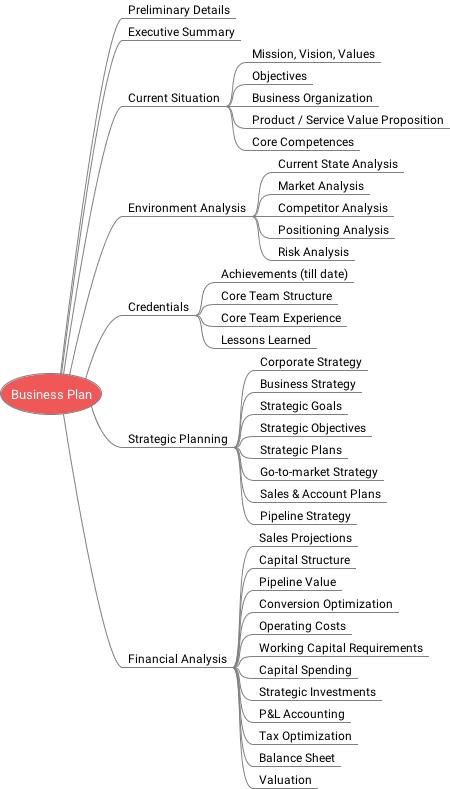
You might be curious about the differences between working as a wealth manager, and a financial adviser. This article will explain the benefits of each, and the differences in costs. When it comes to your finances, working with a wealth manager is often a better option. A wealth manager offers a wide variety of financial services, which can mean a higher fee. Wealth managers can offer many services including financial advice, investing, estate planning, or investment.
There are some differences between a wealth administrator and a Financial Advisor
You may be curious about the differences between a wealth manager or a financial advisor if you are concerned about your finances. Wealth managers are focused on investing management while financial planners can help clients with many financial topics. For example, a wealth manger will review your existing financial plan and recommend investments that suit your goals and tolerance for risk. A financial planner, on the contrary, may make recommendations for certain asset classes or securities.

A wealth manager, a type or financial planner that specializes on managing high-networth individuals' assets, is one form of financial planner. They usually assist with the financial planning and investment strategies that are used by individuals who have at least $1,000,000 in liquid assets. These assets do not include real estate holdings, durable goods, collectibles, and other valuable fixed assets. While wealth managers can handle all types of assets, the majority are only able to work with extremely wealthy clients.
Cost of working alongside a wealth management firm vs. a professional financial advisor
Private wealth managers typically charge more than financial advisors for their services. These fees can either be hourly-, annual- or project-based. Private wealth managers specialize in high-net worth individuals and families while financial advisors work with a wide variety of clients. Because they provide the same services, the fees charged for these types of professionals are different.
When comparing the cost of working alongside a wealth manager to a financial advisor, there are many factors you should consider. While you may not need a wealth manager if you're not high-net-worth, you may benefit from one. Wealth managers charge a percentage of the assets they manage. This fee may vary from one firm to another and between different types of accounts within a single company. Fees may start at 1 percent of your assets.
Benefits of working alongside a wealth manager instead of a financial adviser
Although they may offer similar services to a wealth manager or financial advisor, the quality of their services is quite different. Wealth managers can help you with more complex situations. They will also provide tailored advice to meet your needs. For example, a wealth manager will help you create a legacy plan, while a financial planner will focus on investments and asset management. Both are highly experienced and qualified professionals. However, the benefits of working together with a wealth management professional are often greater.

The services of a wealth manager start with the creation of a personalized investment plan that is tailored to each investor's risk tolerance and goals. A wealth manager would be paid 0.50% by a client who has $10 million of assets. A $50,000 commission would be earned, but the wealth manager would need to offer it to that client. A wealth manager may also charge less if their client has more assets or net worth.
FAQ
What is retirement planning exactly?
Retirement planning is an important part of financial planning. It helps you prepare for the future by creating a plan that allows you to live comfortably during retirement.
Retirement planning means looking at all the options that are available to you. These include saving money for retirement, investing stocks and bonds and using life insurance.
How old do I have to start wealth-management?
The best time to start Wealth Management is when you are young enough to enjoy the fruits of your labor but not too young to have lost touch with reality.
The sooner that you start investing, you'll be able to make more money over the course your entire life.
You may also want to consider starting early if you plan to have children.
You could find yourself living off savings for your whole life if it is too late in life.
What is risk management in investment management?
Risk management is the art of managing risks through the assessment and mitigation of potential losses. It involves monitoring and controlling risk.
Risk management is an integral part of any investment strategy. The objective of risk management is to reduce the probability of loss and maximize the expected return on investments.
The key elements of risk management are;
-
Identifying the source of risk
-
Monitoring the risk and measuring it
-
Controlling the Risk
-
Manage the risk
How to choose an investment advisor
The process of selecting an investment advisor is the same as choosing a financial planner. You should consider two factors: fees and experience.
Experience refers to the number of years the advisor has been working in the industry.
Fees refer to the cost of the service. It is important to compare the costs with the potential return.
It is essential to find an advisor who will listen and tailor a package for your unique situation.
How much do I have to pay for Retirement Planning
No. No. We offer free consultations, so that we can show what is possible and then you can decide whether you would like to pursue our services.
How to manage your wealth.
To achieve financial freedom, the first step is to get control of your finances. It is important to know how much money you have, how it costs and where it goes.
Also, you need to assess how much money you have saved for retirement, paid off debts and built an emergency fund.
If you fail to do so, you could spend all your savings on unexpected costs like medical bills or car repairs.
What are the Benefits of a Financial Advisor?
A financial strategy will help you plan your future. You won't have to guess what's coming next.
It will give you peace of heart knowing you have a plan that can be used in the event of an unexpected circumstance.
Your financial plan will also help you manage your debt better. A good understanding of your debts will help you know how much you owe, and what you can afford.
Your financial plan will also help protect your assets from being taken away.
Statistics
- US resident who opens a new IBKR Pro individual or joint account receives a 0.25% rate reduction on margin loans. (nerdwallet.com)
- According to a 2017 study, the average rate of return for real estate over a roughly 150-year period was around eight percent. (fortunebuilders.com)
- Newer, fully-automated Roboadvisor platforms intended as wealth management tools for ordinary individuals often charge far less than 1% per year of AUM and come with low minimum account balances to get started. (investopedia.com)
- These rates generally reside somewhere around 1% of AUM annually, though rates usually drop as you invest more with the firm. (yahoo.com)
External Links
How To
How to beat inflation with investments
Inflation will have an impact on your financial security. Inflation has been increasing steadily for the past few decades, it has been shown. Each country's inflation rate is different. For example, India is facing a much higher inflation rate than China. This means that while you might have saved money, it may not be enough to meet your future needs. If you do not invest regularly, then you risk losing out on opportunities to earn more income. How can you manage inflation?
One way to beat inflation is to invest in stocks. Stocks are a great investment because they offer a high return of investment (ROI). These funds can also help you buy gold, real estate and other assets that promise a higher return on investment. You should be careful before you start investing in stocks.
First of all, you need to decide what type of stock market it is that you want. Do you prefer small or large-cap businesses? Decide accordingly. Next, consider the nature of your stock market. Do you want to invest in growth stocks or value stock? Next, decide which type of stock market you are interested in. Finally, be aware of the risks associated each type of stock exchange you choose. There are many stock options on today's stock markets. Some stocks are risky, while others are more safe. Make wise choices.
If you are planning to invest in the stock market, make sure you take advice from experts. They will be able to tell you if you have made the right decision. Diversifying your portfolio is a must if you want to invest on the stock markets. Diversifying your investments increases your chance of making a decent income. You run the risk losing everything if you only invest in one company.
You can consult a financial advisor if you need further assistance. These experts will help you navigate the process of investing. They will make sure you pick the right stock. Furthermore, they will also advise you on when to exit the stock market, depending on your goals and objectives.